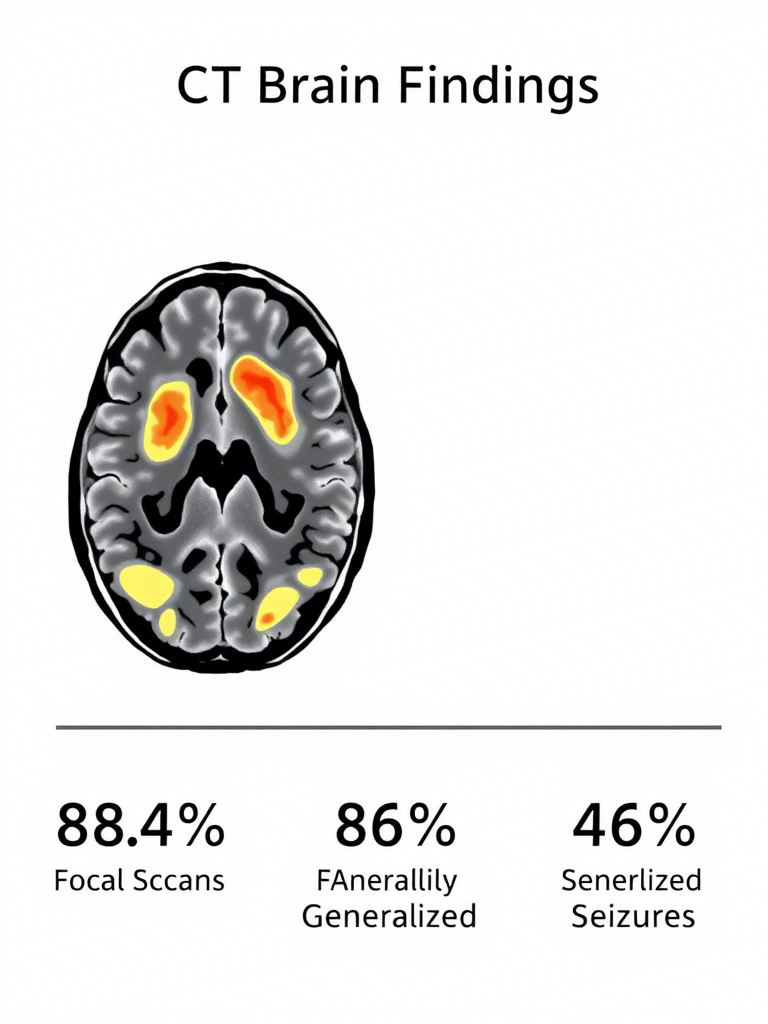Barriers to STEMI Management : A Systematic Review of Challenges in Low-Resource Settings
Anas Ahmed¹, Islam Musa¹, Khansaa Mahmoud², Reem Abdeltif², Israa Ahmed², Wafaa Ali³, Sharif Ahmed³, Samah Eltahir Corresponding author
Keywords:
metadata.subjects.subject:"ST-elevation Myocardial Infarction (STEMI), Low- and Middle-Income Countries (LMICs), Sudan, Reperfusion Therapy, Healthcare System Barriers, Socio-economic Challenges, Workforce Shortages, Percutaneous Coronary Intervention (PCI), Post-Acute Care, Systematic Review."Abstract
Introduction: ST-elevation myocardial infarction (STEMI) poses a significant public health
challenge in low- and middle-income countries (LMICs), where systemic barriers hinder timely
diagnosis, reperfusion therapy, and effective post-acute care. Addressing these challenges is
crucial to improving patient outcomes and reducing mortality rates.
Purpose & Research Questions: This systematic review aims to identify and analyze the
primary barriers to STEMI management in LMICs, with a particular focus on Sudan. The review
seeks to answer the following questions: What are the main causes of delays in STEMI diagnosis
and treatment? How do healthcare system limitations impact patient care? What socio-economic
and workforce challenges hinder effective management?
Methods: A systematic review was conducted following PRISMA guidelines, including 75 studies,
with 50 contributing to quantitative synthesis. Data were sourced from PubMed, Scopus, and grey
literature, and results were synthesized thematically and quantitatively where applicable.
Results: The most common barriers identified were limited access to PCI (68% of studies),
workforce shortages (53%), and socio-economic barriers (42%). These challenges contribute to
delays in patient presentation, inadequate in-hospital infrastructure, and poor post-acute care
outcomes.
Conclusion: Addressing STEMI management barriers through targeted interventions—such as
improving healthcare infrastructure, enhancing workforce capacity, and implementing socioeconomic support strategies—can significantly improve STEMI outcomes in LMICs, particularly in
resource-constrained settings like Sudan
Downloads





